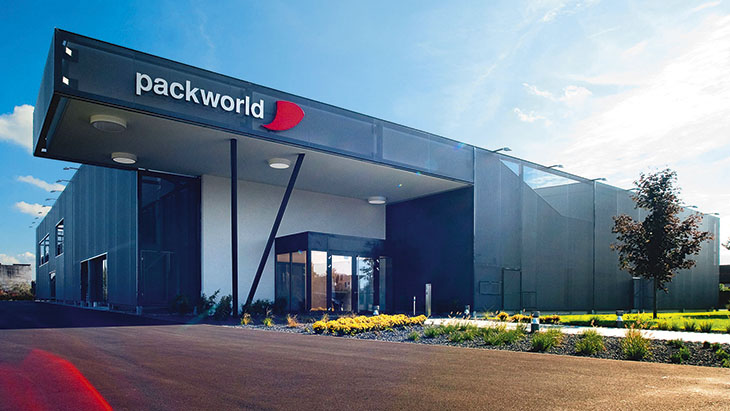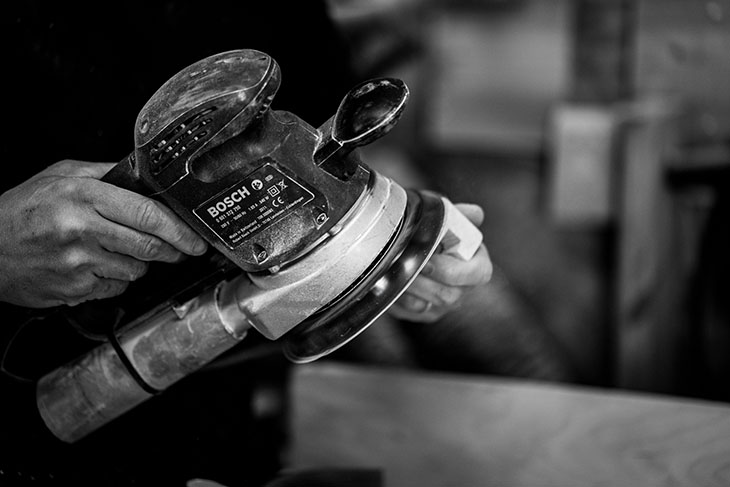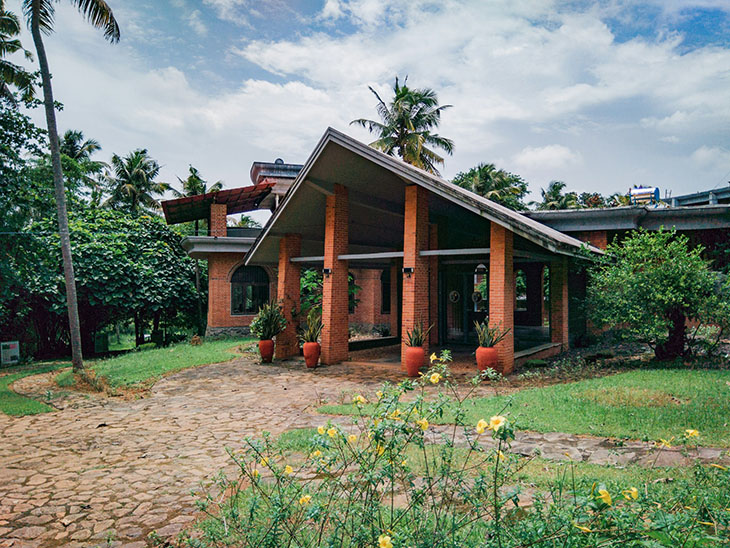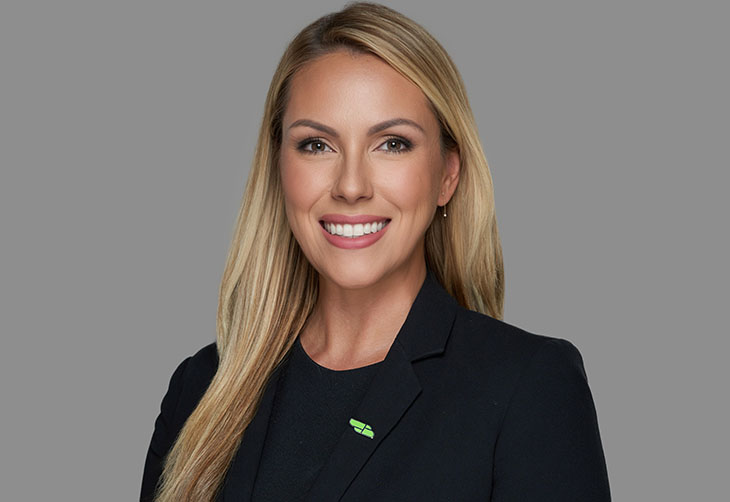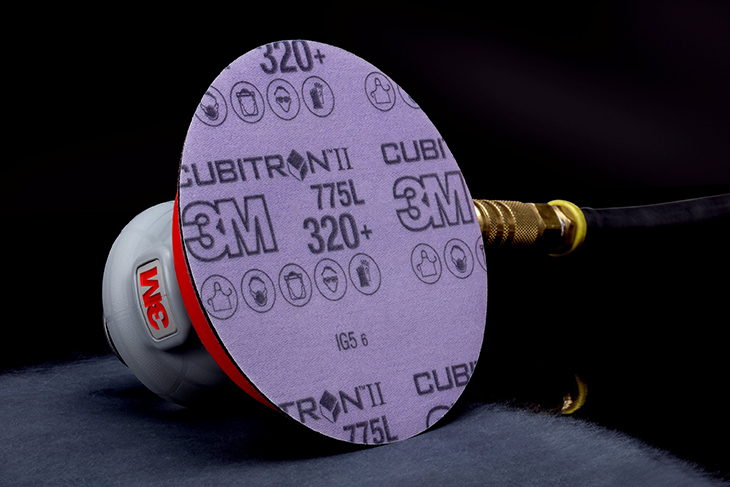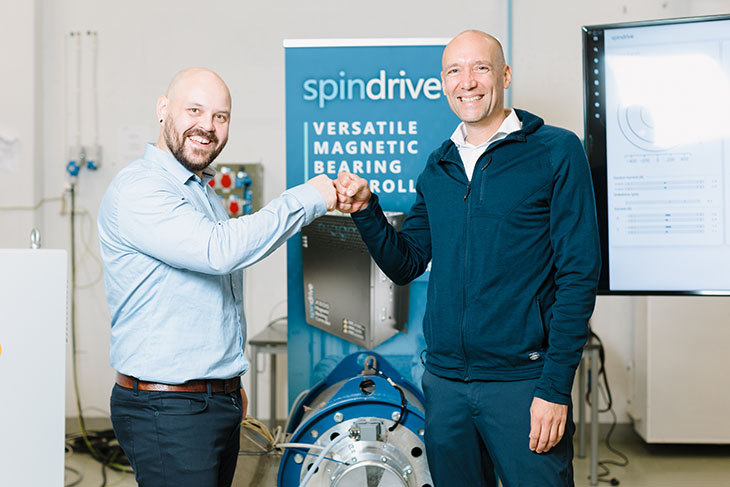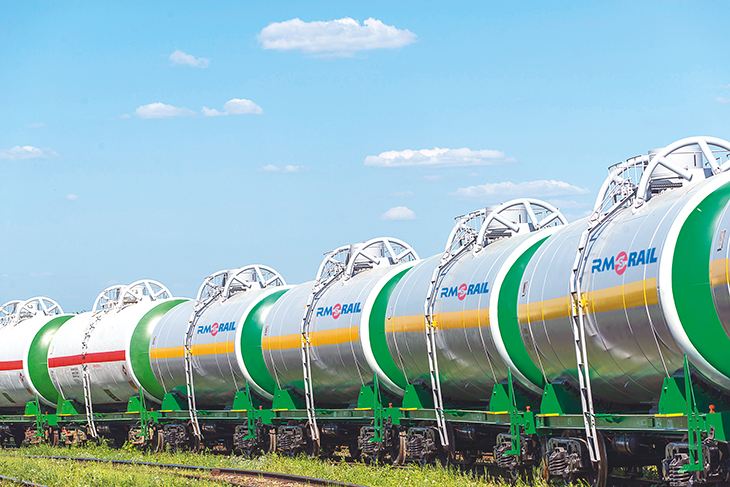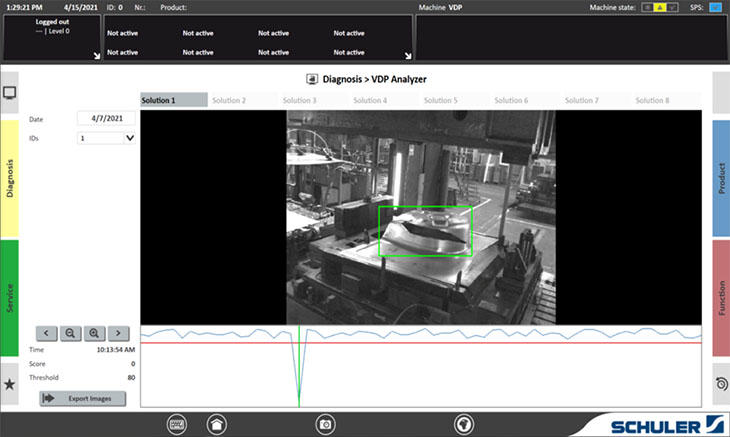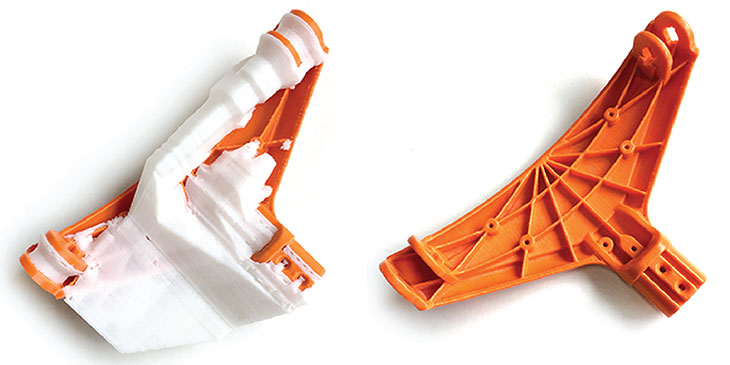Kremsmünster, a small town in the Austrian province, in the district of Kirchdorf, known mainly for its famous 1200 years old Kremsmünster Abbey and its library is not only a touristic attraction. It is also home to many important, international plants of modern glass, plastic, construction, and packaging technology. One of them is Greiner Packaging, a division of Greiner AG.
How it all started - from a small general store to a world-leading group
Greiner Packaging is today present in more than thirty locations and nineteen countries around the world and counts among the most successful in its branch. But what exactly was the key to its success and the driving force, the motor for the development and dynamism it experienced over time? The company Greiner was founded back in the year 1868 and started out as a small general store. A little less than one century after its founding, in 1960, Greiner was mainly into the foam and cork business. But it was also the moment for the next milestone to come: the company invested into two injection molding machines – and this is how the Greiner Packaging division was born. Among Greiner Packaging’s first products were twist caps for bottle closures, spouts, pill packaging, and round tins. With the incorporation of new technologies like sheet extrusion, thermoforming, and injection stretch blow molding the company broadened its offer over the years, being mainly focused on packaging products. In 2006, the Business Unit Greiner Assistec was formally established, being responsible for the production of technical parts. Coming back to the question about the key success factors of the company: Living up to their values such as reliability and loyalty, their customers could always count on the company‘s commitment to customer projects. Close cooperation has always been one of the highest priorities of the enterprise.
Products, markets, and mission
It has been sixty years now that Greiner Packaging has been in business successfully. Today Greiner Packaging consists of two main units: Packaging, which focuses on producing packaging solutions for commodities and Assistec that concentrates on technical parts. Within the packaging area the main products are cups, tubs, bottles, and lids. Moreover, the company offers a variety of decoration technologies (like printing, sleeving, IML, and others). The Business Unit Assistec focuses on the production of technical parts and provides those interested with added values, such as assembling, welding, or laser engraving. The company has at its disposal the in-house design agency, they call DesPro (Design & Prototyping), responsible for creative packaging ideas, according to all sustainability standards. Greiner Packaging operates internationally with a strong focus on the European markets, serving both food and non-food markets. We can find the company’s products in markets such as dairy, salads, ready meals, capsules, ketchup, sauces & dressings, ice cream, herbs & spices and the non-food sector like household, pharma, and cosmetics. Among its customers there are small, local businesses as well as big international brands: Unilever, Henkel, Berglandmilch are just a few to be mentioned at this place.
Looking into the future: the most important goals & plans for the next years
As one of its current and future top priorities the company takes many measures to boost a circular economy. It invests into eco-friendly solutions trying to move from a linear to a circular economic system - which means, that plastic shall be able to stay within the economic cycle as long as possible. In line with this mindset recycling plays a particularly important role for Greiner Packaging. Having come up with their very own Design for Recycling Guideline the company is able to suggest optimization of existing product designs in order to make them better recyclable. Moreover, new products are designed following these guidelines. At the same time, the company sees great potential in designing reusable products, trying to cut down on plastic material wherever possible, and using renewable materials for their packaging production. As part of Greiner, Greiner Packaging is also committed to the Greiner sustainability strategy Blue Plan. The strategy focuses on becoming a climate neutral and fully circular business and empowering its employees. Being a long-term oriented and ambitious company, back in 2018 Greiner Packaging signed the New Plastics Economy Global Commitment launched by the UK based Ellen MacArthur Foundation, and has set some high-reaching goals for 2025. Among them: eliminating problematic and unnecessary plastic packaging, using as much recycled material as possible, and making all plastic packaging 100 percent recyclable, reusable, or compostable. The worldwide industry is currently centered on robotics and on automation of production processes. Greiner Packaging also understands automation as one of the major steps and major points on their way to increased productivity and even better performance. But also, in terms of the packaging itself, digitalisation is the main focus point. As part of the HolyGrail 2.0 initiative, led by the European Brands Association (AIM), Greiner Packaging is promoting the use of digital watermarks on the decorative elements of various packaging systems. By that the company wants to enhance future recycling capabilities. Optimization of packaging for e-commerce applications will be another major focus area.
What makes the company proud – its special achievements, certificates, and awards
One of the most important goals of the company, as we already noted, is to use as much recyclable and renewable materials for the development of its fabrications as possible. Recently the company was able to prove its ability producing yogurt cups from 100 percent mechanically recycled Polystyrol – the accomplishment has been widely demonstrated by the tests run together with the company‘s project partner, M-Industrie. Among the latest innovations of the company we can mention the reusable, dishwasher-safe snap-on multi-use lid, produced using the injection molding process, which can be used on 95mm yogurt cups again and again - and is a perfect way to keep the yogurt fresh. The company has also a very well-developed quality management system that is based on the internationally known industrial standards. It holds a couple of important certificates based on a Q-system according to ISO 9001, the plants have also ISO 14001, ISO 19600, ONR 192050, SEDEX and the BRC Global Standard for Packaging and Packaging Materials which ensure that all of their products meet the highest requirements.









